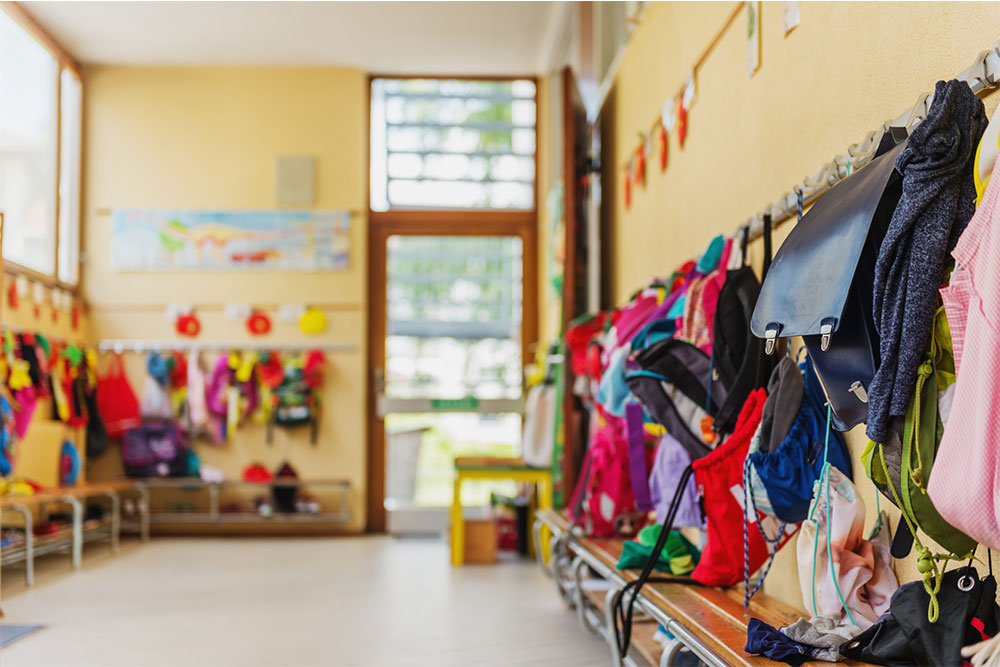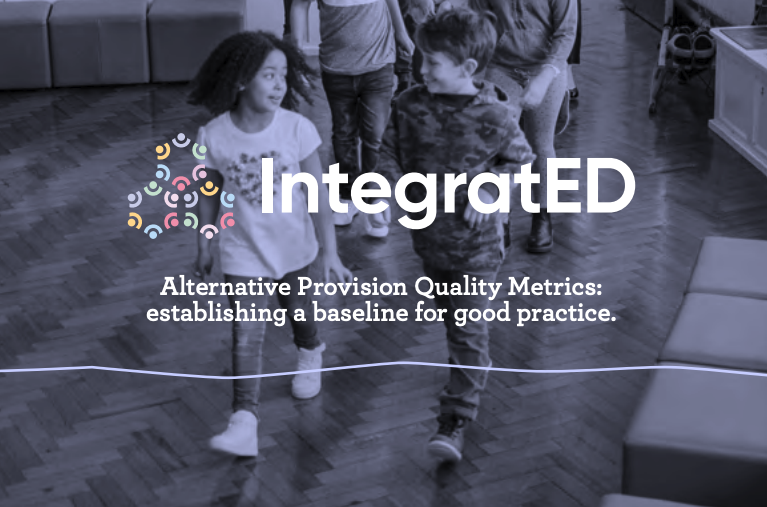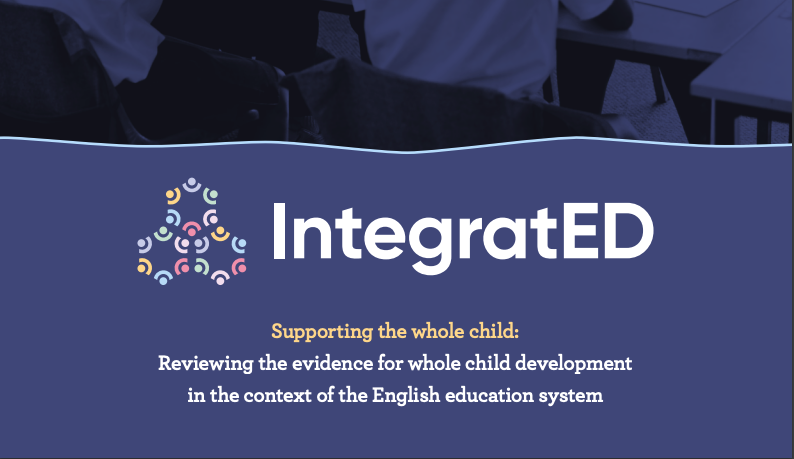
The Department for Education issued a welcome clarification this morning about how to decide which children with education, health and care plans (EHCPs) should continue to attend school.
They advised that headteachers make decisions together with parents on a “case by case” basis, depending on whether the child would be “safer” in education provision or at home.
This was in the wake of schools being told to close to all but the children of key workers and the "most vulnerable".
Putting aside for a minute the question of how to negotiate those conversations with parents, this still hasn’t answered the question of how special schools – and similarly, alternative provision schools – will source sufficient staff, once self-isolation really kicks in.
The government estimate is that about 10 per cent of pupils will continue to attend school, which would allow mainstream schools to function with a skeleton staff in the building. But for special schools and AP schools (which have EHCP rates of 100 per cent and 14 per cent respectively), this percentage may be much higher.
The relaxing of pupil-teacher ratios doesn’t help schools where the ratio is needed for reasons of safety, not just quality of education. This means that as fewer and fewer staff are able to turn up for work, the balance of where the “safer” place is may tip on a daily basis.
There is another group of children classified as vulnerable by the Education Secretary, on which we are still awaiting clarification – those with a social worker.
For AP schools, most of their population is vulnerable by one measure or another. One third of excluded pupils have a social worker at the point of exclusion, and a further 13 per cent have had one in the past. Headteachers of these schools will tell you that they have serious concerns about far more of their pupils than meet the new government definition of vulnerability, and they are already setting up ways to stay in touch with them.
Yet these schools are facing the same staff shortages as everyone else.
One proposal raised in the Commons yesterday was for clusters of schools to co-locate on one site to share resources. But this can’t work in the same way for AP schools due to safeguarding concerns. Many already have to think carefully about students with gang affiliations, who cannot be educated on the same site.
Larger AP schools often have a physical wall down the centre of a building, to separate those with medical – including mental health – needs from those who have been excluded from school due to persistently disruptive behaviour or violent incidents.
To stay open, these schools are going to need additional support with staffing.
When families are facing financial strain and schools are closed, the pressures on young people to get involved in gangs or county lines will only increase. At this time of national crisis, we must adequately and generously resource our schools, or we risk failing in our duty of care to a whole cohort of vulnerable children.
All schools are under pressure right now and there will not be enough teachers to go round. Finding the right kind of skilled staff to work in AP is not easy. But these headteachers need help. They are under enormous pressure, worrying about what will happen to these children in the coming months, as well as about the well-being of their staff. Ethically, many AP heads would like the flexibility from the government to allow them to define which children are “vulnerable”. But they are concerned they will not be able to staff their schools to provide for them.
If we are to support our school staff to be there for those who need them the most over this time of national crisis, we will need innovative thinking. The government needs to speak specifically to AP schools to find out what they need, now, before students begin to drift away. It may be that former teachers or youth workers could be drafted in for the rest of the school year – in which case DBS checks will need to be fast-tracked.
At a time of job insecurity for many, the government needs to give our schools the resources they need to hire sufficient staff to make sure that schools are safe environments for our most vulnerable children.



